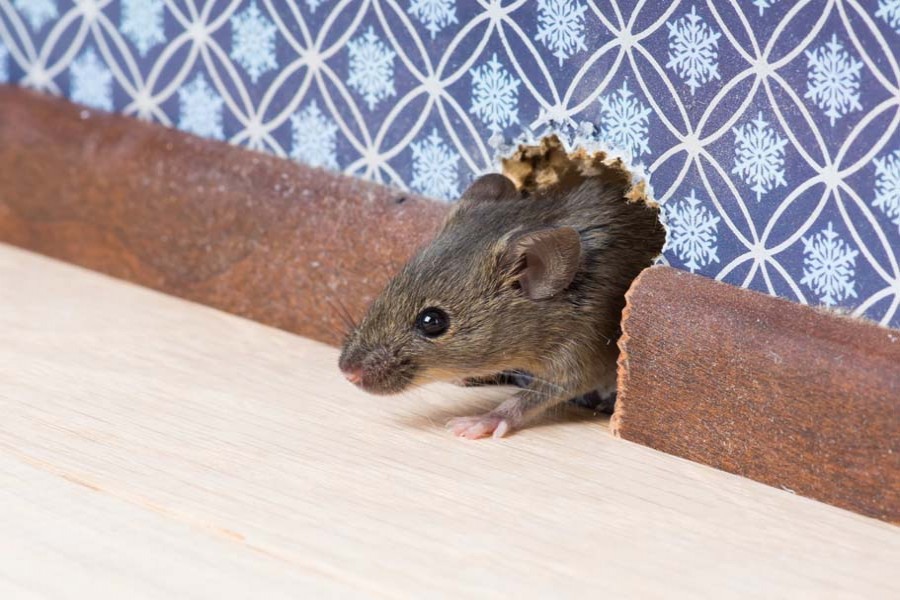The Pied Piper of Hamelin is a timeless fairy tale. In the story, the Pied Piper was hired by the town's officials to rid the town of its rats.
In Bangladesh, a similar pied piper is necessary now. He can lead the rats out of the fields, urban and rural houses and drown them in the Bay of Bengal.
It is unknown to many people that rats damage a significant portion of the annually produced food grains and vegetables in the country. Rats are also becoming a nuisance in the urban areas of Bangladesh. Many buildings in Dhaka have rats that scurry around during the night and even during the day. These rats tend to chew away the power cables of desktop computers, electric wires, eat away pages and covers of books and eat away any food that is carelessly left out in the open in the kitchen or any other room of a house.
The situation is worse in the countryside. Being the most notorious pests, rats alone eat up nearly 4.0 per cent of the country's annually produced food grains and vegetables. Officials of the Department of Agriculture Extension (DAE) said at a recent inauguration of an annual 'rat killing drive' at the DAE's zonal office in Rajshahi that rats are a threat to the country's food security system. They said that food security can be ensured if the nuisance caused by this rodent can be eliminated.
Statistics show that the country's annual cereal production in 2017 was 37.266 million tonnes while the vegetable yield was 3.06 million tonnes. But rats alone destroyed some 1.5 million tonnes of the total production. Experts say a pair of rats can give birth to about 3,000 offspring yearly that can cause havoc on crops. The annihilation of the harmful creature would hardly affect the ecological balance. Explaining the various aspects of 'rat killing', DAE has urged all concerned to extend their cooperation to address the problem.
Experts have suggested the involvement of the country's school-going children in the rat annihilation campaign. The DAE field-level officials and staff concerned should motivate members of Integrated Crop Management (ICM) and Integrated Pest Management (IPM) as well as school children and others concerned to take part in the drive and make it successful. Particular ethnic groups of people can also be involved in the concerted efforts against rats.
It should be noted that all insects are not harmful for crops. But the chemical pesticides or insecticides are more or less dangerous for human beings, animals and all kinds of insects. In this regard, bio-pest management system can be promoted widely among growers to protect beneficial insects from dying. This will ensure a sound environment and ecosystem.
Sarwar Md. Saifullah Khaled is a retired Professor of Economics, BCS General Education Cadre.


